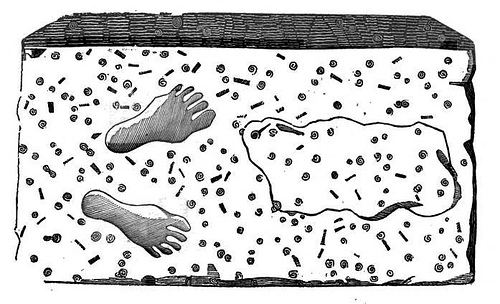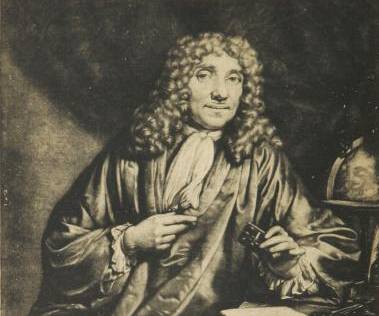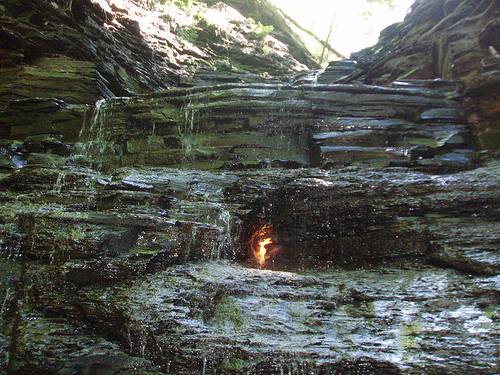Confined in Colchester Castle during the English civil war, the royalist officer Sir John Trevanion was awaiting execution when he received this letter:
Worthie Sir John:- Hope, that is ye beste comfort of ye afflicted, cannot much, I fear me, help you now. That I would saye to you, is this only: if ever I may be able to requite that I do owe you, stand not upon asking me. ‘Tis not much that I can do: but what I can do, bee ye verie sure I wille. I knowe that, if dethe comes, if ordinary men fear it, it frights not you, accounting it for a high honor, to have such a rewarde of your loyalty. Pray yet that you may be spared this soe bitter, cup. I fear not that you will grudge any sufferings; only if bie submission you can turn them away, ’tis the part of a wise man. Tell me, an if you can, to do for you anythinge that you wolde have done. The general goes back on Wednesday. Restinge your servant to command. — R.T.
Sir John studied the message for several hours, and then, apparently despairing, asked to spend some time alone in prayer. His captors agreed — and never saw him again.
Read the third letter after each punctuation mark.





